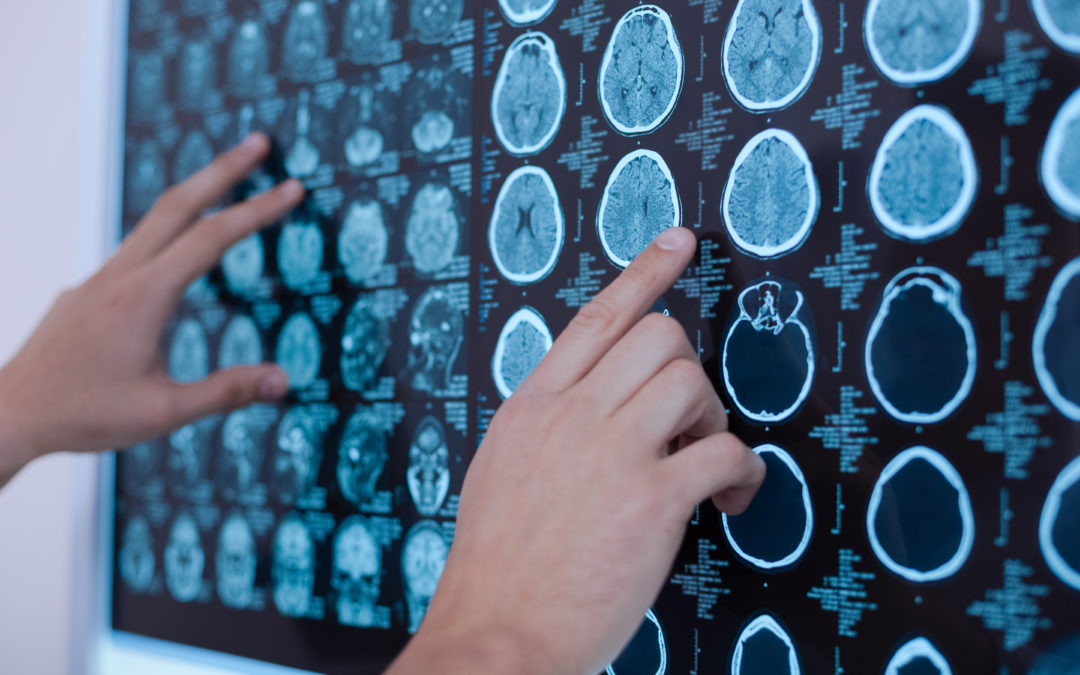Traumatic brain injury (TBI) is usually the result of a strong or violent impact to the head or body. It is a very common injury often resulting from motor vehicle accidents and falls. A traumatic brain injury without a loss of consciousness (or a loss of consciousness for less than 30 minutes) is sometimes called a mild TBI (it is also commonly referred to as a concussion).
Varying Symptoms
The symptoms and consequences of a traumatic brain injury can vary extensively in type and severity. Some are apparent immediately upon the impact to the sufferer while others don’t appear for weeks or months following the event or accident. While loss of consciousness is very common when a person suffers from a TBI, it is not required to make the diagnosis. It is possible to suffer what is clinically referred to as a mild TBI without losing consciousness as long as there is a period of being dazed, confused or disoriented following the accident.
Other symptoms that might accompany a mild TBI without loss of consciousness include: headache, nausea or vomiting, fatigue or drowsiness, problems with speech, difficulty sleeping or sleeping more than usual, dizziness or loss of balance, sensory problems such as blurred vision and ringing in the ears, bad taste in the mouth, or changes to the ability to smell, sensitivity to light or sound, memory or concentration problems, mood changes or mood swings, and feeling depressed or anxious.
Mild TBI suffers may go on to suffer from recurrent migraines and light sensitivity that can persist for a year or even more. They may lose the ability to fall asleep at night and suffer resultant drowsiness. Perhaps the most disturbing consequences of mild TBI are the psychological ones. The emotions are controlled by the brain and sufferers may notice that they can no longer control their moods or that they are suffering from depression and anxiety. Those with mild TBI often have cognitive impairments that impact their decision making abilities, learning, memory and processing speed.
While over a million people were reportedly treated for mild TBI in the United States over a five year period, it is estimated that almost 40% of patients suffering from mild TBI never seek hospital based care and almost 25% don’t report their symptoms to any medical provider at all. Despite this, between 5% and 25% of people with mild TBIs experience symptoms and deficits that last longer than a year after the event.
Those that do seek and receive treatment for a mild TBI are often sent home with assurances that recurring symptoms would be mild and resolve quickly, when this is actually not the case for large numbers of people. This failure to properly diagnose and treat can lead to sufferers who don’t realize the root cause of their ongoing deficits or ability to function, leading them to suffer unnecessary emotional distress. Their social networks and medical providers may not be validating the seriousness of their experience and ongoing problems. Additionally, if the injured party is not told to expect difficulties, they may not be as able to accommodate any that do arise or be given hope that they will resolve with time or treatment. Once a person knows that it is their mild TBI that is effecting them, they can take steps to correct or make room in their lives for their new deficit. It might be a huge relief to understand the reason they can no longer concentrate at work or control their temper.
Financial Burden of TBIs
There are often very real economic consequences for those suffering from mild TBI. For those treated for their injuries there will be medical expenses including emergency transportation from the accident scene, emergency room treatment expenses, ongoing treatment expenses from doctors and therapists as well as the cost of prescription medications. Further still, the long term cognitive and emotional disturbances caused by mild TBI can lead to prolonged loss of work hours and even an inability to return to one’s former position, leading to a loss of income and further emotional distress from a diminished or sometimes completely destroyed career.
Recognizing the existence of mild TBI is crucial to getting sufferers the support they need to treat their symptoms and reduce the long term impact to their lives. Contact the legal team at Griggs Injury Law if you’ve suffered a concussion or TBI from an injury.


